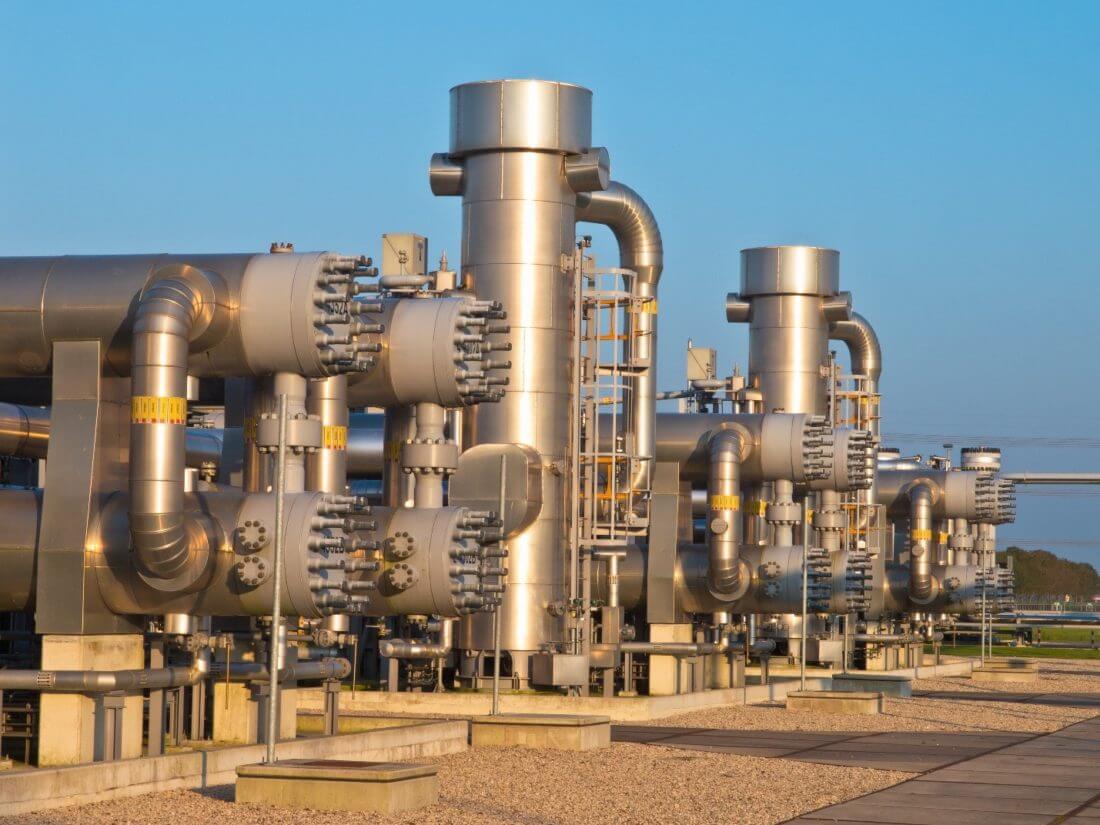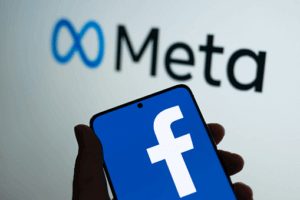Rising gas prices threaten to raise winter fuel bills, hamper demand, and worsen a near-term surge in inflation. Moreover, it is another setback for a global economy.
The gas market instability caused prices to rise by 280 percent in Europe this year. It rose by more than 100 percent in the United States. The instability is at blame on various factors ranging from low storage levels to carbon costs to curtailed Russian supplies.
Tensions are so high that numerous European Parliament lawmakers have called for an investigation into what they believe to be market manipulation by Russia’s Gazprom (MCX: GAZP).
Whatever the causes, the rise has significant market ramifications:
Growth
Analysts say it’s too early to lower economic growth estimates, but a slowdown in economic activity appears to be unavoidable.
Morgan Stanley (NYSE: MS) believes the impact will be minor in the United States, the world’s largest economy. According to the report, while natural gas will supply more than a third of US energy consumption in 2020, most customers will be industrial.
On the other hand, higher gas costs increase the likelihood of stagflation. It is apparent that there is a growing sense of uneasiness about the economic outlook as an increasing number of corporations prepare for increased prices, said Michael Hewson, chief market analyst at CMC Markets.
Inflation
Wholesale electricity costs in the Eurozone are at all-time highs, potentially increasing inflationary pressures caused by COVID-related supply shortages. According to data released on Monday, 310,000 German households will see their gas bills rise by 11.5 percent.
In January, Citi analysts expected a 5% increase in electricity and gas costs. This would add 0.25 percentage points to consumer inflation next year. Nevertheless, German factory gate prices were already the highest since 1974. Higher food prices are another unintended consequence of a lack of carbon dioxide that slaughterhouses use to extend food shelf life. Fertilizer output cuts may potentially raise food prices.
Goldman Sachs (NYSE: GS) forecasts a more robust oil demand. They expect a $5 per barrel upside risk to its $80 per barrel Brent pricing prediction for the fourth quarter of 2021. Brent is now trading around $74 per barrel. [O/R]
Central Banks
The central banks are sticking to their stance that the inflationary surge is only transitory. Isabel Schnabel, a member of the European Central Bank’s board of directors, said on Monday that she was pleased with the broad-based increase in inflation. However, if the market- and consumer-based gauges of inflation expectations grow, so will gas prices.
The central bank meetings this week may put officials to the test. The Bank of England meeting is of particular interest on Thursday, considering that UK inflation has recently reached a nine-year high.
State Bailouts
Britain is considering granting state-backed loans to energy providers. The country made that decision after large suppliers asked assistance to offset the expense of acquiring customers from companies that went bankrupt due to the impact of rising gas prices. Bulb, for example, is said to be looking for a bailout.
Meanwhile, France proposes to make one-time payments of 100 euros ($118) to millions of people to aid with energy expenses.
Companies
Last week, Spain stunned the utility industry by transferring billions of euros in earnings from energy corporations to consumers and capping gas price rises. RBC projected revenue losses at Iberdrola (OTC: IBDRY) and Endesa at one billion euros. Hence, shares in the businesses were significantly discounted.











